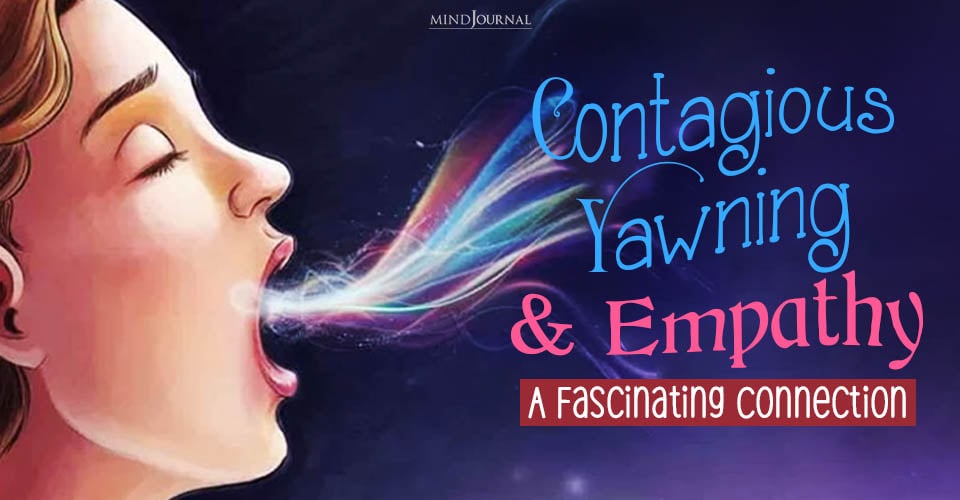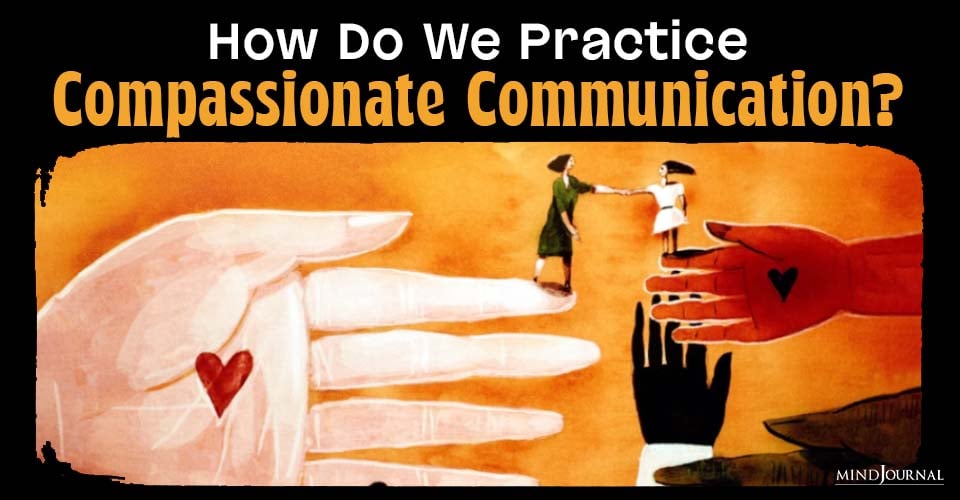Are you an emotional empath, who sometimes struggles to be happy and satisfied in a romantic relationship? Well, there are ways you can do that!
Adapted from Dr. Judith Orloff’s New York Times Bestseller “Emotional Freedom: Liberate Yourself From Negative Emotions and Transform Your Life” (Three Rivers Press, 2011)
Emotional Empaths: Loneliness gets to some more than others.
But why it hangs on isn’t always apparent when read by traditional medical eyes. In my practice and workshops, I’ve been struck by how many sensitive, empathic people who I call “emotional empaths” come to me, lonely, wanting a romantic partner, yet remaining single for years. Or else they’re in relationships but feel constantly fatigued and overwhelmed. The reason isn’t simply that “there aren’t enough emotionally available people ‘out there,’” nor is their burnout “neurotic.” Personally and professionally, I’ve discovered that something more is going on.
Emotional empaths are a species unto themselves. Whereas others may thrive on the togetherness of being a couple, for empaths like me, too much togetherness can be hard to take, which may cause us to bolt.
Why? We tend to intuit and absorb our partner’s energy, and become overloaded, anxious, or exhausted when we don’t have time to decompress in our own space. We’re super-responders; our sensory experience of relationship is the equivalent of feeling objects with fifty fingers instead of five.
Want to know more about how empaths can feel overwhelmed? Read 15 Things That Lead To Frequent Emotional Burnout in Empaths and HSP
Energetically sensitive people unknowingly avoid romantic partnerships because deep down they’re afraid of getting engulfed. Or else, they feel engulfed when coupled, a nerve-wracking, constrictive way to live. If this isn’t understood, empaths can stay perpetually lonely; we want companionship, but, paradoxically, it doesn’t feel safe. One empath-patient told me, “It helps explain why at thirty-two I’ve only had two serious relationships, each lasting less than a year.” Once we empaths learn to set boundaries and negotiate our energetic preferences, intimacy becomes possible.
For emotional empaths to be at ease in a relationship, the traditional paradigm for coupling must be redefined.
Most of all, this means asserting your personal space needs–the physical and time limits you set with someone so you don’t feel they’re on top of you.
Empaths can’t fully experience emotional freedom with another until they do this.
Your space needs can vary with your situation, upbringing, and culture. My ideal distance to keep in public is at least an arm’s length. In doctors’ waiting rooms I’ll pile my purse and folders on the seats beside me to keep others away.
With friends, it’s about half that. With a mate it’s variable. Sometimes it’s rapture being wrapped in his arms; later I may need to be in a room of my own, shut away. One boyfriend who truly grasped the concept got me a “Keep Out” sign for my study door! For me, this was a sign of true love. All of us have an invisible energetic border that sets a comfort level. Identifying and communicating yours will prevent you from being bled dry by others. Then intimacy can flourish, even if you’ve felt suffocated before.
Prospective mates or family members may seem like emotional vampires when you don’t know how to broach the issue of personal space. You may need to educate others–make clear that this isn’t about not loving them–but get the discussion going. Once you can, you’re able to build progressive relationships.
If you’re an empath or if the ordinary expectations of coupledom don’t jibe with you, practice the following tips.
DEFINE YOUR PERSONAL SPACE NEEDS
Tip 1. What to say to a potential mate
As you’re getting to know someone, share that you’re a sensitive person, that you periodically need quiet time. The right partner will be understanding; the wrong person will put you down for being “overly sensitive,” won’t respect your need.
Tip 2. Clarify your preferred sleep style
Traditionally, partners sleep in the same bed. However, some empaths never get used to this, no matter how caring a mate. Nothing personal; they just like their own sleep space.
Speak up about your preferences. Feeling trapped in bed with someone, not getting a good night’s rest, is torture. Energy fields blend during sleep, which can overstimulate empaths. So, discuss options with your mate. Separate beds. Separate rooms. Sleeping together a few nights a week. Because non-empaths may feel lonely sleeping alone, make compromises when possible.
Are you in a relationship with an empath? Read 9 Lessons I’ve Learned About Being An Empath In An Intimate Relationship
Tip 3. Negotiate your square footage needs
You may be thrilled about your beloved until you live together. Experiment with creative living conditions so your home isn’t a prison. Breathing room is mandatory.
Ask yourself, “What space arrangements are optimal?” Having an area to retreat to, even if it’s a closet? A room divider? Separate bathrooms? Separate houses? I prefer having my own bedroom/office to retreat to. I also can see the beauty of separate wings or adjacent houses if affordable.
Here’s why: conversations, scents, coughing, movement can feel intrusive. Even if my partner’s vibes are sublime, sometimes I’d rather not sense them even if they’re only hovering near me. I’m not just being finicky; it’s about maintaining well-being if I live with someone.
Tip 4. Travel wisely
Traveling with someone, you may want to have separate space too. Whether my companion is romantic or not, I’ll always have adjoining rooms with my own bathroom. If sharing a room is the only option, hanging a sheet as a room divider will help. “Out of sight” may make the heart grow fonder.
Are you looking for ways to make yourself feel better, as an empath? Read 10 Strategies To Protect Your Energy As An Empath
Tip 5. Take regular mini-breaks
Empaths require private downtime to regroup. Even a brief escape prevents emotional overload.
Retreat for five minutes into the bathroom with the door shut. Take a stroll around the block. Read in a separate room. One patient told her boyfriend, “I need to disappear into a quiet room for ten minutes at a party, even if I’m having fun,” a form of self-care that he supports.
In my medical practice, I’ve seen this creative approach to relationships save marriages and make ongoing intimacies feel safe, even for emotional empaths (of all ages) who’ve been lonely and haven’t had a long-term partner before. Once you’re able to articulate your needs, emotional freedom in your relationships is possible.
If you are an emotional empath, and you find yourself feeling suffocated in your relationship sometimes, then don’t freak out. Don’t think that you are not meant for a relationship and you are destined to be alone for the rest of your life. You just need to know what works for you, and what doesn’t and communicate that to your partner. This will help both of you establish a strong and understanding relationship.
If you want to know more about how you can feel at east in relationships, as an emotional empath, then check out this video below:
Source – Dr. Judith Orloff.com










Leave a Reply